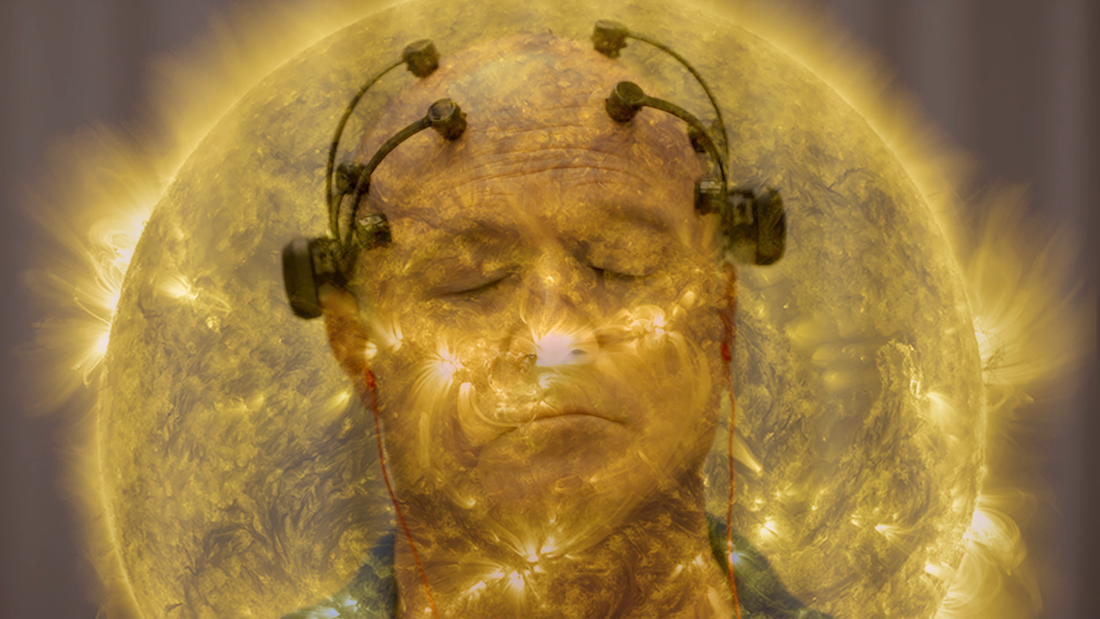|
Review by Camden Ferrell
Theo Anthony’s second feature length documentary, All Light, Everywhere, is concerned with how humans see things. Premiering at the 2021 Sundance Film Festival, this is a film with a lot of style and potential, but unfortunately, it can be too unfocused and abstract for its own sake.
This documentary explores the way humans have perceived things in the past, how we perceive things now, and our future with sight. He is especially concerned with recorded image, especially with the rise in prominence of police body cams. This is a rather interesting topic with a lot of promise for insightful exploration. Anthony’s approach to the topic is unique. Instead of addressing the issue head on, he prefers a more abstract method of analyzing sight, perception, and bias. Regardless of effect, it’s clear that this film is under the direction of a singular artistic vision for better or worse. It isn’t the most straightforward in the way it talks about its topic, and this is what makes it feel a little disjointed. I think that this topic is very relevant especially in terms of policing and the pursuit of justice. He examines how both the human and eye and the lens possess their own biases, but a more thorough exploration was warranted and what we were left with was fairly superficial. He could have doubled down more on the history of bias in policing and how it pertains to justice today, but the film tries to skirt around those topics.
Rather than tackling each of its subjects individually, Anthony attempts to crosscut them and explore all of them at once, and this leads to an unfocused film. Usually, crosscutting can create balance in the documentary, but this feels uneven and leads the film to feeling staggered as a whole.
Despite this, there are some really interesting aspects of the film. Part of the documentary focuses on the company who makes police body cams, and the logic and reasoning behind them is actually quite fascinating. We also get a first-hand look at officers being briefed on them, and it’s also quite engaging. I really enjoyed how it examined perception and bias over human history, but I think it could have been more comprehensive and thematically connected. Even though the film as already close to two hours, I think it could have added more information about the topic. It also could have benefited from some steadier pacing that could have been less of a distraction from its message. All Light, Everywhere may not take full advantage of its potential, but there are some interesting moments about human perception. It can be all over the place at times, but it has a clear artistic vision, even though some may be offput by the execution. All Light, Everywhere is in theaters June 4. Rating: 3/5
0 Comments
Leave a Reply. |
Archives
July 2024
Authors
All
|
|
|
disappointment media
Dedicated to unique and diverse perspectives on cinema! |


